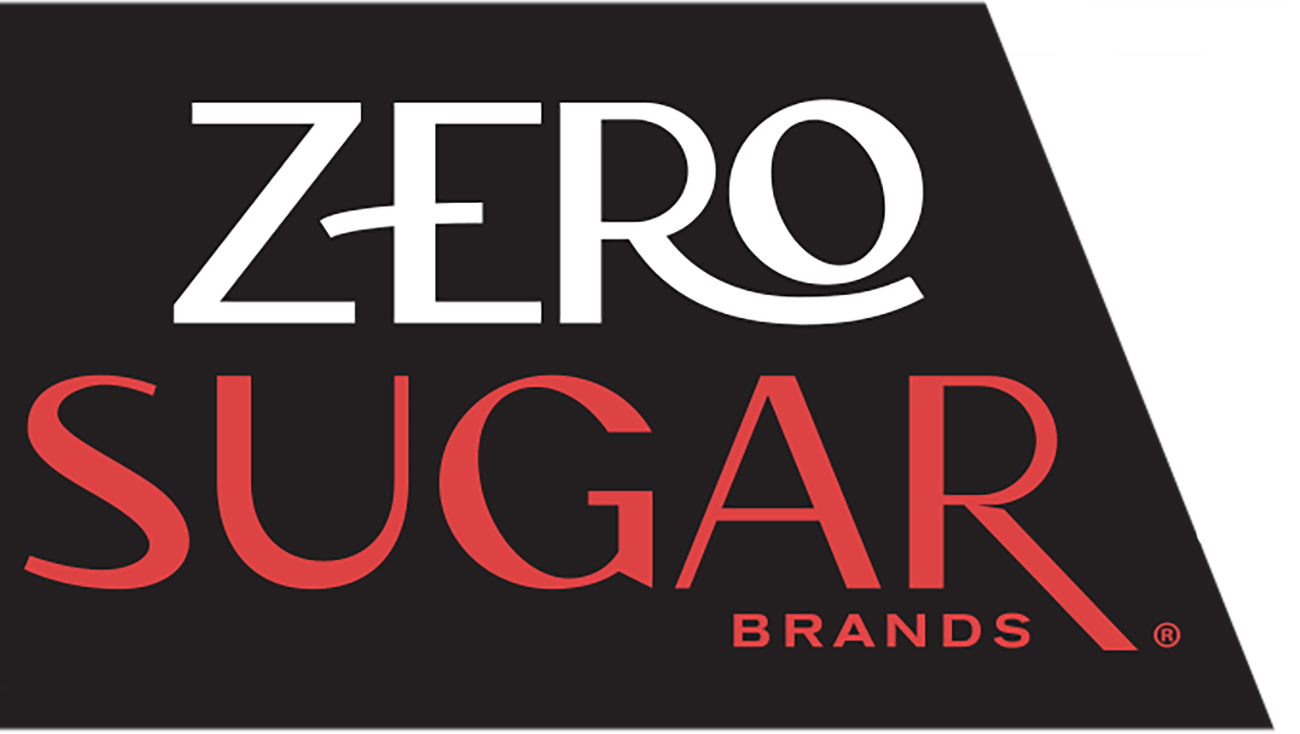
In the bustling world of on-the-go snacks, granola bars have secured a prominent spot for their convenience and perceived health benefits. However, as with any popular food item, there’s a myriad of questions surrounding their nutritional value. In this blog post, we’ll dive into the key aspects of granola bars, addressing common concerns such as their healthiness, gluten content, impact on weight loss, and suitability for individuals with diabetes.
- Are Granola Bars Healthy?
Granola bars often tout health claims, but not all are created equal. While some are packed with whole grains, nuts, and seeds, others may be laden with added sugars and unhealthy fats. When choosing a granola bar, look for options with minimal added sugars, high fiber content, and nutrient-dense ingredients. Opting for bars with whole grains, nuts, and seeds can provide a healthy dose of essential nutrients, making them a nutritious snack when chosen wisely. - Are Granola Bars Gluten-Free?
For individuals with gluten sensitivities or celiac disease, finding gluten-free snacks is crucial. Fortunately, there are gluten-free granola bar options available. Check the product’s label for gluten-free certification and opt for bars made with gluten-free oats or alternative grains like quinoa. Always be diligent in reading labels to ensure the product aligns with your dietary needs. - Are Granola Bars Bad for You?
The healthiness of granola bars depends on their ingredients and nutritional profile. Some commercial varieties may contain excessive amounts of added sugars, artificial preservatives, and unhealthy fats, contributing to a less-than-ideal snack choice. To make a healthier choice, select granola bars with simple, recognizable ingredients and moderate calorie content. Moderation is key, as overconsumption of any snack, even a healthy one, can have adverse effects. - Are Granola Bars Good for Diabetics?
People with diabetes need to be mindful of their carbohydrate intake, making granola bars a potential concern due to added sugars. Choose granola bars with lower sugar content and a higher fiber-to-carbohydrate ratio. The fiber helps regulate blood sugar levels by slowing down the absorption of glucose. Consulting with a healthcare professional or a registered dietitian can provide personalized advice on incorporating granola bars into a diabetic-friendly diet. - Are Granola Bars High in Fiber?
Fiber is a crucial component of a healthy diet, aiding in digestion and promoting satiety. Some granola bars, especially those made with whole grains, nuts, and seeds, can be rich in fiber. Check the nutrition label and opt for bars with at least 3-5 grams of fiber per serving. This not only contributes to digestive health but also helps in maintaining a feeling of fullness, making them a satisfying and wholesome snack option. - Are Granola Bars Good for Weight Loss?
While granola bars can be a convenient snack for those on the go, it’s essential to choose options that support weight loss goals. Look for bars with lower calorie counts, moderate protein content, and a balance of healthy fats and carbohydrates. The combination of fiber and protein in a granola bar can help keep you feeling fuller for longer, aiding in portion control and potentially contributing to weight loss when part of a well-rounded diet.
In conclusion, granola bars emerge as a wholesome and convenient snack when selected with care. Delve into considerations such as ingredient quality, sugar content, and fiber levels to ensure an informed decision. Whether your focus revolves around weight loss, diabetes management, or maintaining a gluten-free diet, the market offers a range of granola bar options tailored to diverse dietary needs. By making mindful choices, you can embrace the nutritional benefits of granola bars, transforming them into a satisfying and health-conscious addition to your daily snacking routine. Don’t forget to try our Zero Sugar Granola Bars for a delicious and nutritious experience!





